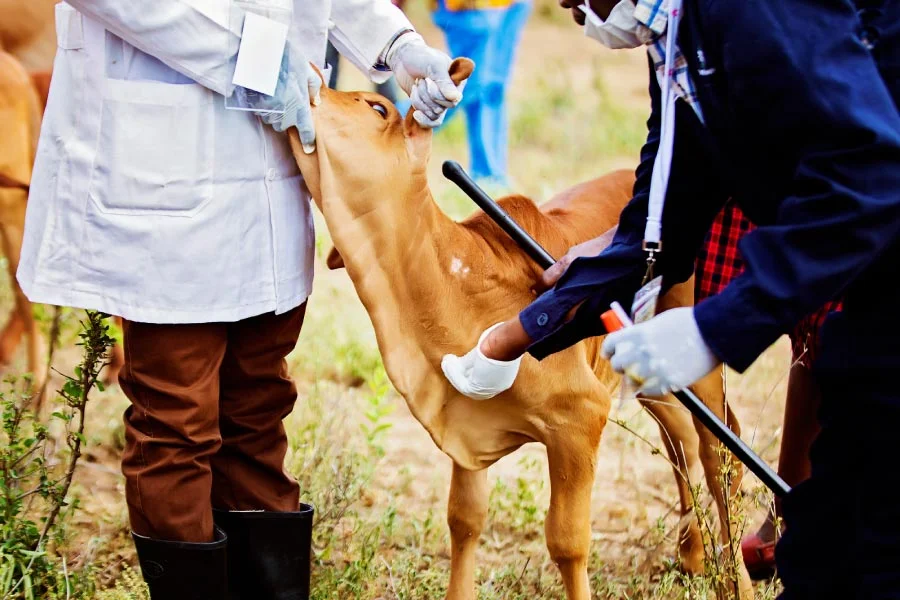
Africa, a continent renowned for its diverse wildlife and rich agricultural traditions, has been making remarkable strides in the realm of animal health. Leveraging clinical technology, African nations are enhancing the well-being of their livestock and wildlife, ensuring food security, economic growth, and the conservation of biodiversity. This article delves into the success story of how Africa is using clinical technology to revolutionize animal health.
The Animal Health Challenge:
Animal health is a cornerstone of agriculture and wildlife conservation in Africa. The continent is home to a vast array of livestock, including cattle, goats, sheep, poultry, and more, which provide essential sources of food, income, and employment for millions. Simultaneously, Africa boasts an incredible wealth of biodiversity, with unique and endangered species requiring specialized care and conservation efforts.
However, Africa faces several challenges in maintaining the health of its animals:
The Success Story:
Despite these challenges, Africa has been harnessing the power of clinical technology to transform animal health. Here are some key aspects of this success story:
1. Telemedicine and Mobile Apps: Telemedicine platforms and mobile applications have become game-changers in providing veterinary services to remote and underserved areas. These technologies allow farmers to consult with veterinarians, share images or videos of sick animals, and receive expert advice in real-time. Telemedicine reduces the need for travel and helps farmers make timely decisions regarding animal health.
2. Disease Surveillance: Advanced data collection and analysis have greatly improved disease surveillance. Epidemiologists and veterinarians now use technology to monitor disease outbreaks, track their spread, and predict future outbreaks. Early warning systems enable rapid response, preventing the escalation of disease crises.
3. Diagnostic Tools: Innovative diagnostic tools, including rapid tests for common animal diseases, have become more accessible. These tools facilitate on-site diagnosis, reducing the time required to identify and treat diseases in livestock and wildlife.
4. GPS and Geospatial Technology: Geographic Information System (GIS) technology has been instrumental in mapping disease hotspots, tracking wildlife migrations, and assessing the impact of climate change on animal habitats. These tools inform conservation efforts and help manage disease outbreaks.
5. Remote Monitoring Devices: Farmers and wildlife conservationists now use remote monitoring devices, such as GPS collars and sensors, to track the health and movements of animals. These devices enable early detection of health issues and support wildlife conservation efforts.
6. Capacity Building: African nations have invested in training and capacity building for veterinarians and wildlife experts. This ensures that professionals are equipped with the knowledge and skills needed to leverage clinical technology effectively.
Impact on Agriculture and Conservation:
Africa's success in using clinical technology to enhance animal health has far-reaching impacts on agriculture and wildlife conservation:
Conclusion:
The success story of using clinical technology to enhance animal health in Africa underscores the continent's determination and adaptability in addressing complex challenges. By leveraging telemedicine, diagnostic tools, disease surveillance, and remote monitoring devices, African nations are not only safeguarding their agricultural systems and wildlife but also fostering economic growth and conservation.
As the world grapples with the dual challenges of feeding a growing population and conserving biodiversity, Africa's approach to animal health serves as an inspiration and a blueprint. The continent's ability to blend traditional knowledge with cutting-edge clinical technology showcases the potential for innovation and resilience in addressing global issues.
As Africa continues to make strides in animal health through clinical technology, it is imperative that these successes are shared and scaled globally. In doing so, we can build a more sustainable and interconnected world that values the health and well-being of all species, both human and animal.